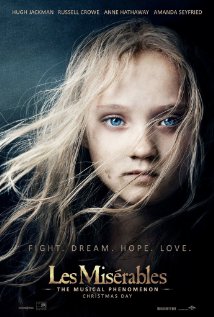 Every once in a while, a film that is rumored to be the best of the year will enter theaters. After its release, the movie gains popularity and, years later, it can be considered the best feature film of the decade. Upon entering cinemas all over the world, viewers cannot wait to experience the supposed cinematic masterpiece that critics and moviegoers alike rave about. It is a Hollywood work of genius that enthralls and captivates its viewers, leaving them speechless and in absolute awe. The film simultaneously exceeds all expectations and lives up to all the hype surrounding it. In 2012, the star-studded “Les Misérables” was predicted to be a spectacle of epic proportions, transcending all previous renditions of the musical. Unfortunately for those who set extremely high expectations for the movie, “Les Misérables certainly disappointed.
Every once in a while, a film that is rumored to be the best of the year will enter theaters. After its release, the movie gains popularity and, years later, it can be considered the best feature film of the decade. Upon entering cinemas all over the world, viewers cannot wait to experience the supposed cinematic masterpiece that critics and moviegoers alike rave about. It is a Hollywood work of genius that enthralls and captivates its viewers, leaving them speechless and in absolute awe. The film simultaneously exceeds all expectations and lives up to all the hype surrounding it. In 2012, the star-studded “Les Misérables” was predicted to be a spectacle of epic proportions, transcending all previous renditions of the musical. Unfortunately for those who set extremely high expectations for the movie, “Les Misérables certainly disappointed.
For one thing, every single bit of dialogue was sung. Now, it is obvious that a musical is, by definition, comprised of many musical numbers strewn sporadically throughout the duration of the film. However, the dialogue in this film was expressed entirely through song, as every single word was delivered in awkwardly muttered tones—an aspect which was unexpected and unwelcome, especially because some of the cast members were simply unable to carry a tune of any sort. Many of Javert‘s (Russell Crowe) lines were unaccompanied by instrumentals, a decision by the director that only highlighted the actor’s blatant inability to sing.
However, the art direction was impeccable, as the costumes and set design were extremely realistic and well-crafted. Sadly, the special effects department was not as meticulous and creative when crafting their piece, as a computer-generated Paris and unconvincing backdrops resembled a semi-realistic video game rather than a convincing city scene.
As far as the acting is concerned, the cast was, for the most part, excellent. The leading ladies of the film—Anne Hathaway, Amanda Seyfried, and Broadway singer Samantha Barks— were extremely impressive, for their performances burst with emotion and sparkling vocals. Anne Hathaway’s portrayal of Fantine is simply incredible; the raw emotion and effort Anne threw into the role wows viewers and almost makes up for the film’s negative aspects, most of which involved the lackluster performance of the male characters.
The men of the movie displayed far less enthusiasm and talent than the women in their lives. Inspector Javert (Crowe) could not sing, and his drawn-out, soporific soliloquies were boring and painful to sit through. The two of them feature Javert precariously perched atop buildings very high off the ground. Stepping extremely close to the edge in order to trick the viewers into thinking an inevitable plunge to the ground is afoot, Crowe sings a series of discordant notes for long periods of time. At this point in the film,moviegoers everywhere wish for either a strong gust of wind or a pack of Parisian pigeons to startle Javert and send him plummeting to the ground just to make him stop singing. Hugh Jackman played a convincing Valjean, yet his vocals were often subpar, and some of his acting during scenes intended to be serious made parts of the film simply laughable.
The best pieces of the movie undoubtedly include the innkeeper and his wife, as this duo of humorous thieves add a much needed bit of comic relief during a film that is entirely to long and, in several instances, boring. The sleazy characters were cast perfectly, as the actors flawlessly and hilariously portray the classic con artist. Also, the children in the film were great, for young Cosette and the rebellious Gavroche have better voices than some of their adult cast mates.
Despite the well-cast characters, the film was nothing special. Anne Hathaway, arguably the best aspect of the film, dies within the first twenty minutes of the 2 hour and 37 minute film—a disappointing truth, seeing as Anne’s character was too short-lived for the hype surrounding her role in “Les Misérables.” The scenes were cheesy at times, and the rating of PG 13 is questionable during some scenes intended for mature audiences only, as the film is definitely not the family movie it was made out to be. After considering the fantastic performance in the musical’s 1998 adaptation starring Liam Neeson, this 2012 version pales in comparison. The scene featuring the world renown musical number “The Confrontation” is good, but slightly discordant when Crowe’s terrible vocals are mixed with Jackman’s predominantly well-sung lines. The director’s portrayal of the scene is the least entertaining of any rendition of the song—even Neil Patrick Harris and Jason Segel’s talk show parody shines brighter than Hollywood’s attempt. Although the women of the film make “Les Misérables” tolerable, the remake fails to meet lofty expectations, leaving viewers who had hoped to see a magical display of music and acting not pleased, but instead slightly disappointed and utterly miserable.



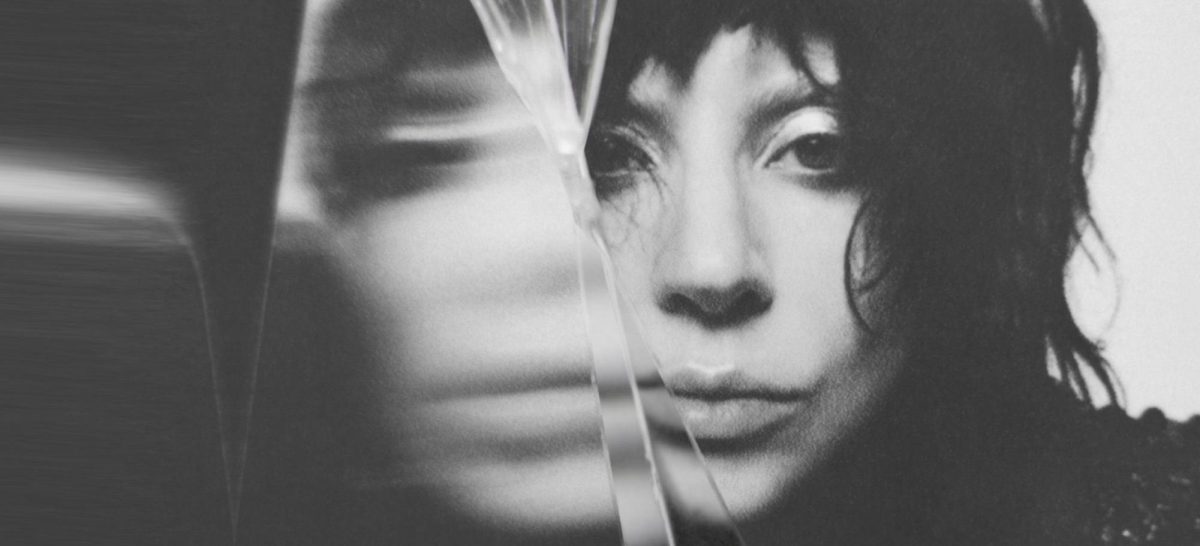
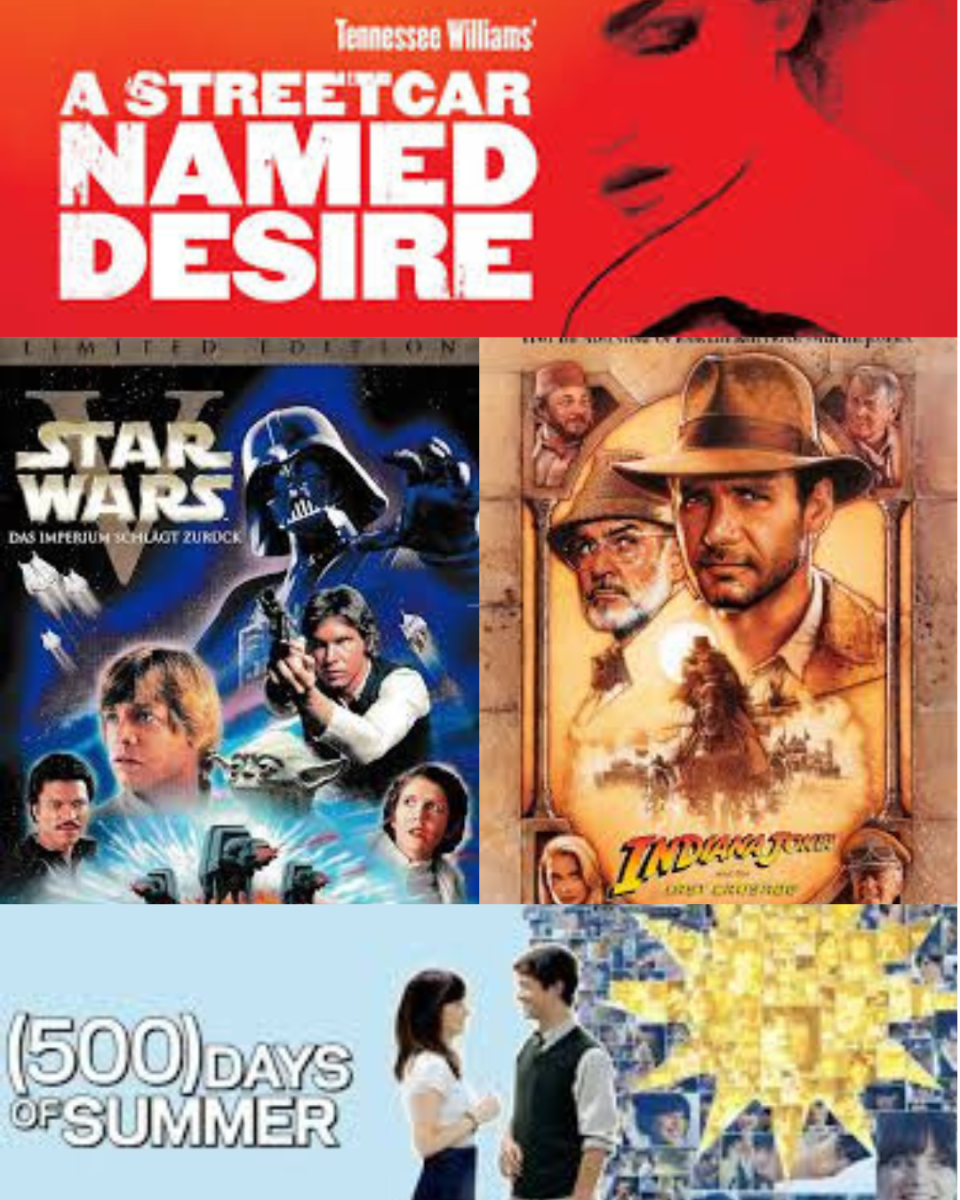
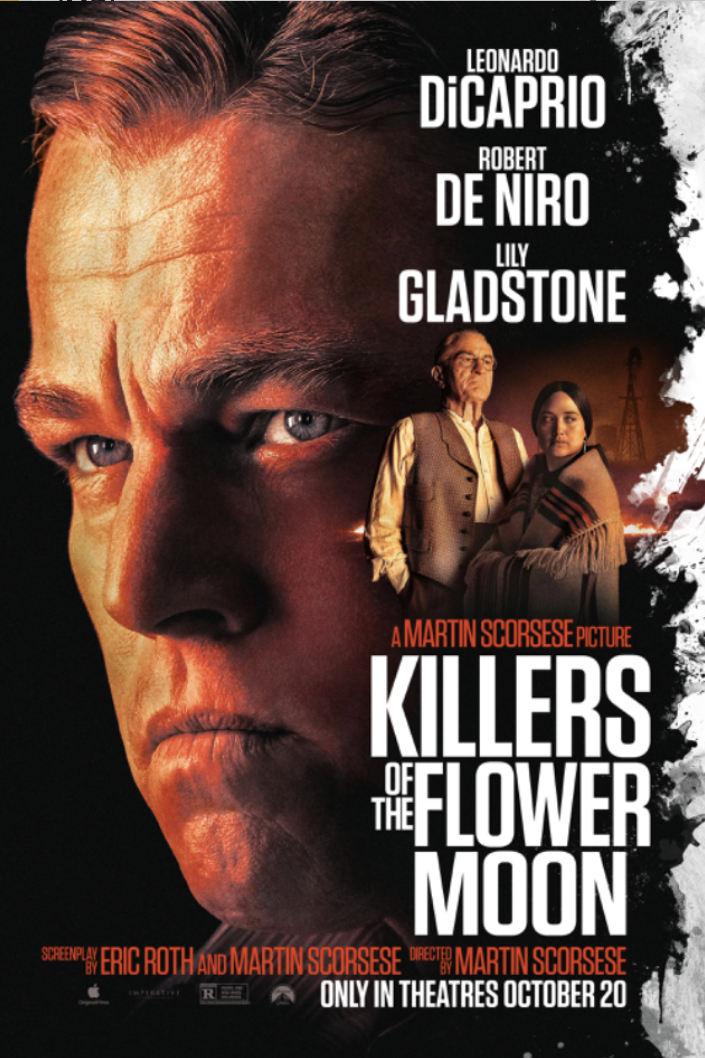

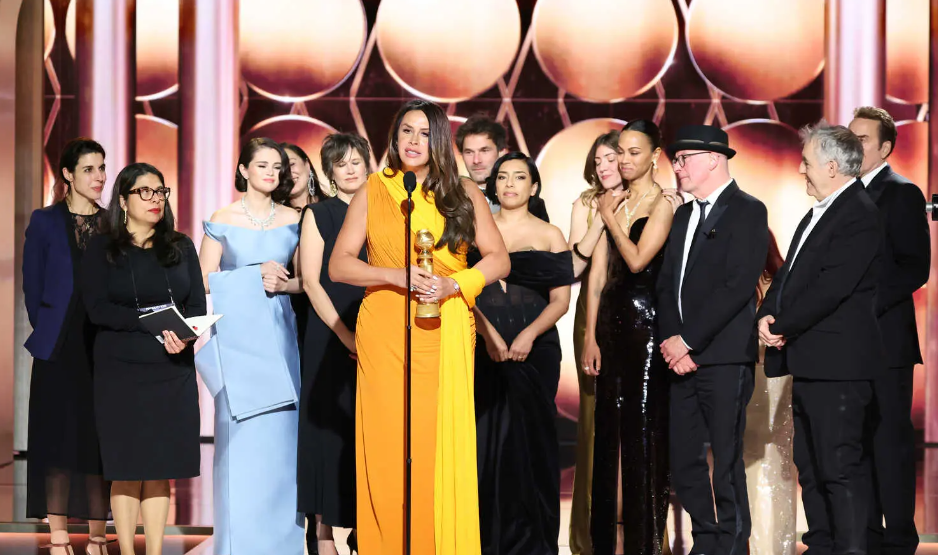
Julia • May 10, 2013 at 6:53 pm
Did you not see the show?. of course it is all sung. It is an opera.